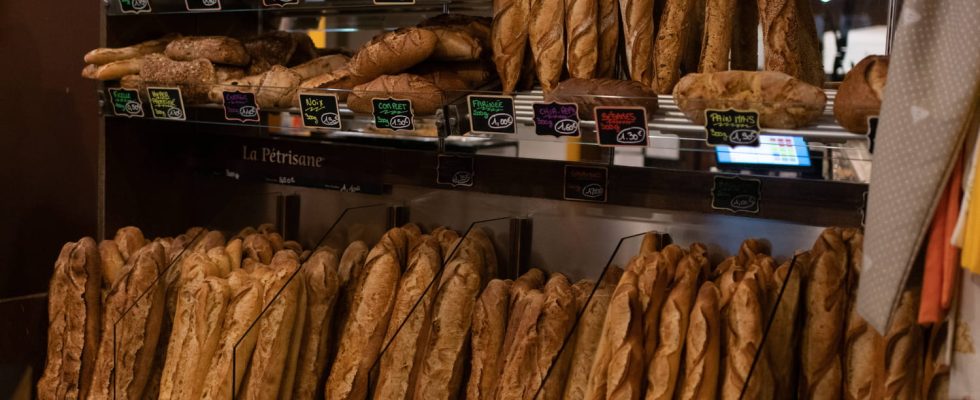Your favorite baguette or bread may no longer have the same flavor. Here is the reason.
You may have already noticed or will do so when you enjoy your next baguette or cereal bread, the taste of your favorite bread may have changed in recent days. Don’t blame your baker though, it’s not because of a change of ingredient or small savings on flour in these times of inflation. French bakers are forced to follow certain rules and one of them has changed: the salt content.
October 1, 2023 marked the entry into force of new regulations. Bakers were informed of this, in particular through the National Confederation of French Bakery and Bakery-Pâtisserie (CNBBF) which published several press releases and gave its recommendations to professionals, also giving them some tips. Because changing the salt content of your bread is not a small thing. This can even have major consequences on its taste but also its texture. The salt level can also vary depending on the hydration of the bread, the degree of cooking or the size of the shaped loaves.
From now on, bakers cannot add more than 1.4 g of salt per 100 g of ordinary bread such as baguette and even 1.3 g for special breads, those often referred to as “cereal bread”. The issue is known since bread alone can represent 20% of the daily salt intake. Already in 2022, the authorized salt content had been lowered to 1.5 grams per 100 grams of traditional bread.
To ensure a baguette that is always crispy and pleasant for your palate but also a well-risen bread, bakery professionals have been able to test a few methods. Their CNBFF confederation even gave tips. To compensate for the reduction in salt, alternatives such as the use of active starters in addition to yeast as well as yeast extracts are proposed. “Alternative solutions such as active sourdoughs in addition to yeast as well as yeast extracts exist to compensate for the reduction in salt,” she explains.
You can then ask your baker the question. After the application of this new regulation, checks must be carried out. 339 types of bread, of which 234 are special breads, will be collected throughout the country and analyzed to verify compliance with these new thresholds.
